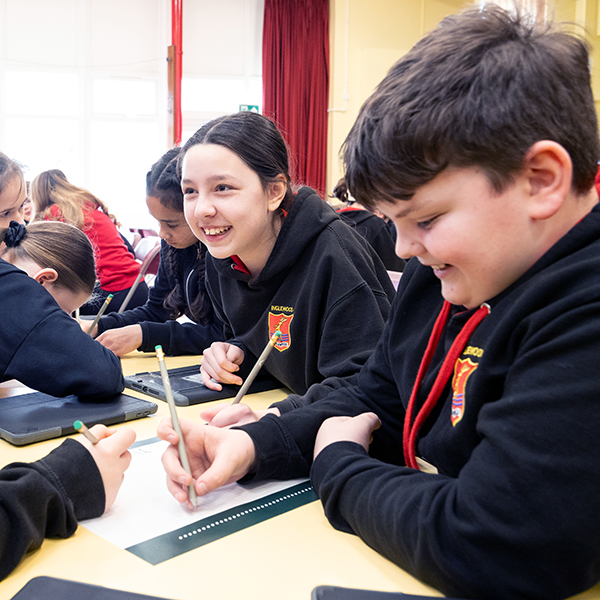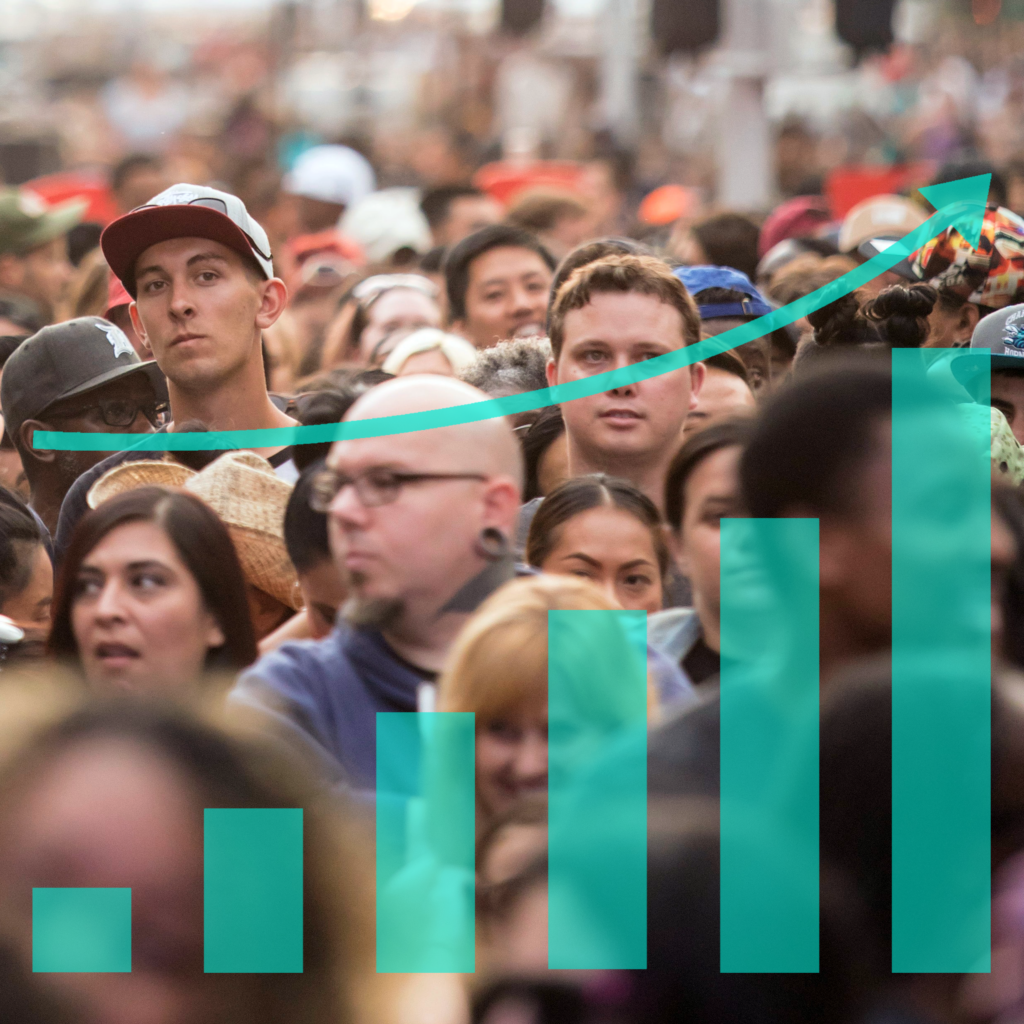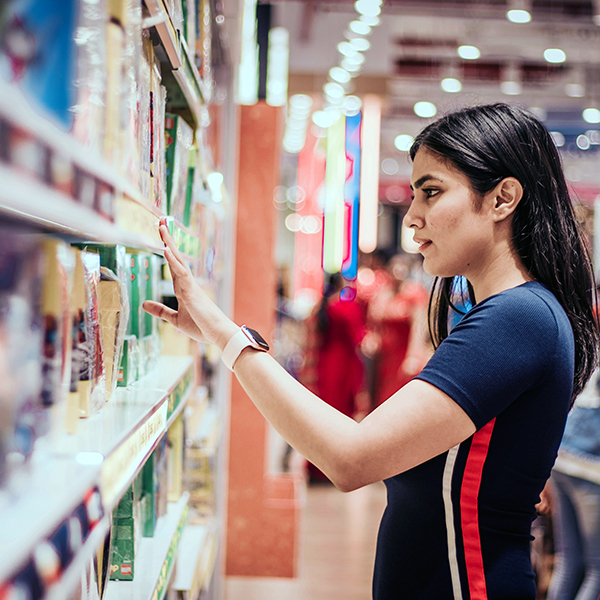Even before this pandemic, the statistics on young people’s mental health in the UK were alarming.
YoungMinds, a leading mental health charity for young people, had found that one in eight children had a diagnosable mental health disorder. That’s roughly three pupils in every classroom.
And now we’re living through COVID-19.
Experts have told EVERFI they expect the number of young people suffering from mental health conditions to steeply rise. What was already a serious and growing problem may, according to some, now become almost unmanageable.
Some 38% of 14- to 19-year-olds are more worried about their mental health now than they were before the pandemic, a survey of 11,000 teenagers carried out by EVERFI, our parent company in the United States, found.
Ruth Elborn, an expert on young people’s mental health who works with EVERFI, says it’s safe to assume that there are going to be “record numbers of young people with mental health problems” after the worst of the pandemic subsides. “Before COVID-19, we were already seeing a real rise in young people with mental health difficulties. The pandemic is likely to tip the balance for many now.”
The Tipping Point
Many of the triggers for poor mental health among young people are obvious. Children imbibe the distress of a parent who has lost their job and are anything but immune to a family’s worries over relatives who are – or may become – sick.
But the experts say there are many other trigger points for young people that are far less obvious.
Elborn says that children who, as a result of the pandemic, can no longer be guided through major transitions in their lives, such as the move from primary to secondary school, are at particular risk.
“There’s lots of good evidence to show that if these transitions aren’t managed well, young people can fall through the net,” she says. She’s concerned that a long summer holiday “spent in some kind of lockdown, with youth clubs probably closed, will make things even worse”.
For Dympna Cunnane, it is the invisible nature of COVID-19 that can be so damaging to young people’s mental health. Cunnane is CEO of Our Time, a charity for young people who have a parent with a mental illness.
“COVID-19 has been very different to a more ‘normal’ trauma, such as the death of a parent or neglect through substance misuse,” she says. “This trauma is unseen, unpredictable, and creates fear in everyone. Parents who suffer from mental health problems may find it harder to protect and reassure their children because they themselves are feeling more anxious or depressed and the usual supports are not available.”
As adults, we take it for granted that we can look up a relatively easy-to-understand explanation of COVID-19 and the science behind it.
Barry Carpenter, Professor of Mental Health in Education at Oxford Brookes University, points out that this is not so obvious for children and young people. He explains that a few weeks ago a headteacher he knows asked pupils what they wanted from school when they returned from lockdown. They asked for a clear, coherent explanation of the Coronavirus – one they could understand – and the science behind it.
But there’s reason for some optimism – many young people are better at dealing with change and the unknown than we as adults are.
Jessica Streeting, who works for a London NHS Trust as a nurse for looked-after children, says that isolation during lockdown has made some young people more likely to ask for help.
One of the young people Streeting works with is John*, 17, who has been involved in drugs and lives away from his family. In recent weeks, he has become much more willing to have counselling for his mental health difficulties. “The isolation of lockdown has led him to think more about how we can help him,” Streeting says.
Put A Plan In Place
Nonetheless, Professor Carpenter says we must assume that “every child has been affected in some way [by COVID-19] and we must have plans in place for all of them, and personalised responses for those children more deeply affected”.
But what as parents should these plans involve?
Elborn encourages parents to get their children to write a mood diary. She recommends that children look at each day’s entry at the end of the week and come to their own conclusions about what it is that helps keep them strong. It might be that social media, for example, is not helping their mood, she says, but she urges us to “always let them make the link between what is helping them and what isn’t”.
Now is not the time to be self-critical, she says. “Think about what internal resources you can use and try not to be the perfect parent. Good enough is fine just now.”
Many young people think their feelings are unusual, Elborn says. In fact, when they hear about others’ feelings, they realise that they are perfectly normal. She recommends families give time to talk about feelings. Sharing with one another what we are grateful for or our favourite piece of art or music are good ways to do this, she says.
We should encourage children to think about their character strengths, rather than any weaknesses, says Elborn. “What is it that has helped them in the past to deal with change and difficult situations? Let them know that they have resources inside that they can use.”
Now, more than ever, society needs to listen to children and young people
Parents can only do so much though. Society must now prioritise children and young people’s mental health far more than we have done in the past, says Cunnane.
“This is a re-set moment and if we don’t take advantage of it to offer more compassionate support to the next generation, we will have missed a huge opportunity,” she says. “We now need to act in the interests of society at large and give our children something to hope for and believe in.”
EVERFI delivers over 35 years of combined experience in driving social impact through education. Find out more about our course on Mental Wellness for young people here. For more on our course on compassion for young people, click here.
*Name has been changed to protect confidentiality
Further resources:
https://uk.everfi.com/our-platform/digital-wellbeing/
https://uk.everfi.com/our-platform/compassion/
https://youngminds.org.uk/
https://youngminds.org.uk/media/3190/ym-manifesto-2019.pdf
https://ourtime.org.uk/
https://ourtime.org.uk/
www.recoverycurriculum.org







